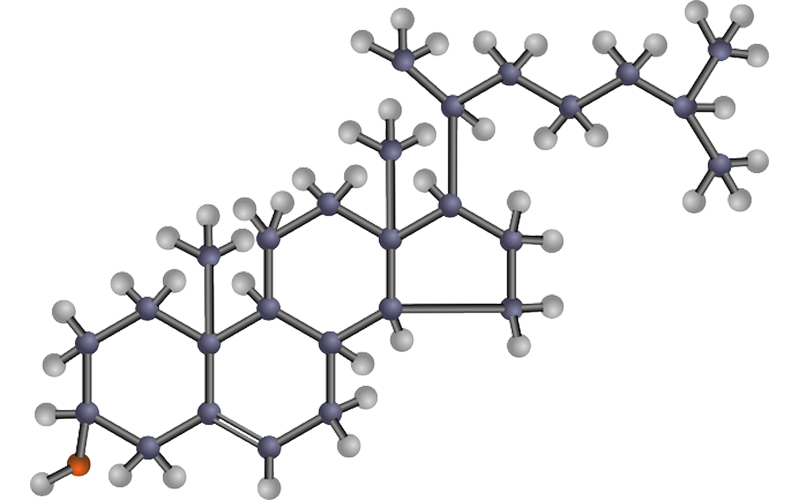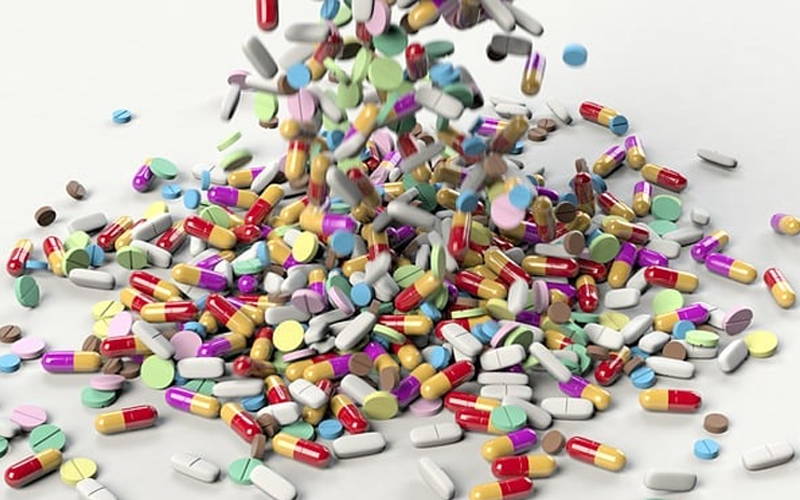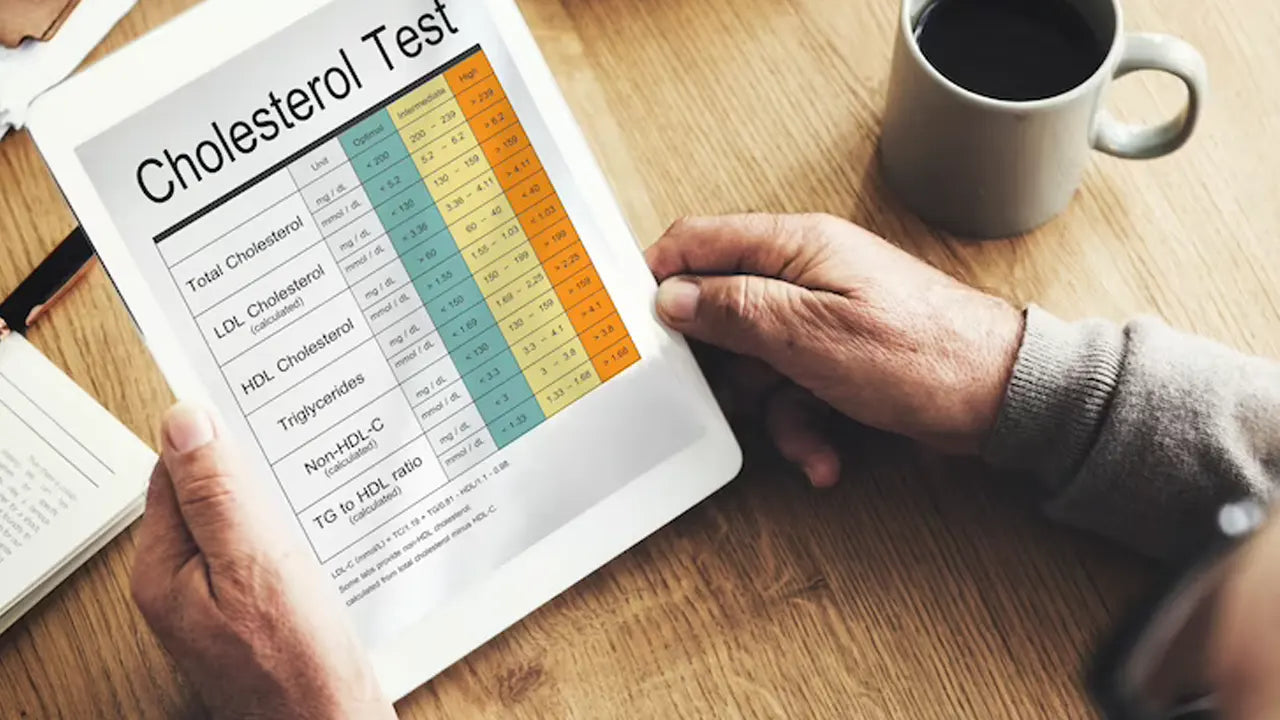Are you constantly looking for ways to improve your heart health? If so, you might have come across CoQ10, a powerful antioxidant that has been making waves in the world of heart health. But is CoQ10 good for cholesterol? In this blog post, we will explore the benefits of CoQ10 for heart health, its potential effects on cholesterol levels, and the importance of consulting with healthcare professionals before taking it.
Short Summary
- CoQ10 is an essential compound found in every cell of the body that has been studied for its potential health benefits, especially in regards to heart health and cholesterol management.
- CoQ10 supplements may offer heart health benefits, including improved cholesterol levels, but should be discussed with a healthcare professional before use due to interactions with medications and possible side effects.
- Consulting with healthcare professionals can provide beneficial advice on personalized supplementation recommendations based on individual factors while minimizing the risk of adverse effects.
Understanding CoQ10

What is CoQ10?
Natural sources of CoQ10
CoQ10 and aging
CoQ10 Supplements and Cholesterol

Is CoQ10 Good for Cholesterol and heart health
Inconclusive effects
Recommended dosage
Forms of CoQ10: Ubiquinone vs. Ubiquinol

Ubiquinone
Ubiquinol
Safety Considerations and Potential Side Effects

Common side effects
Interactions with medications
Pregnancy and breastfeeding
Consultation with Healthcare Professionals











